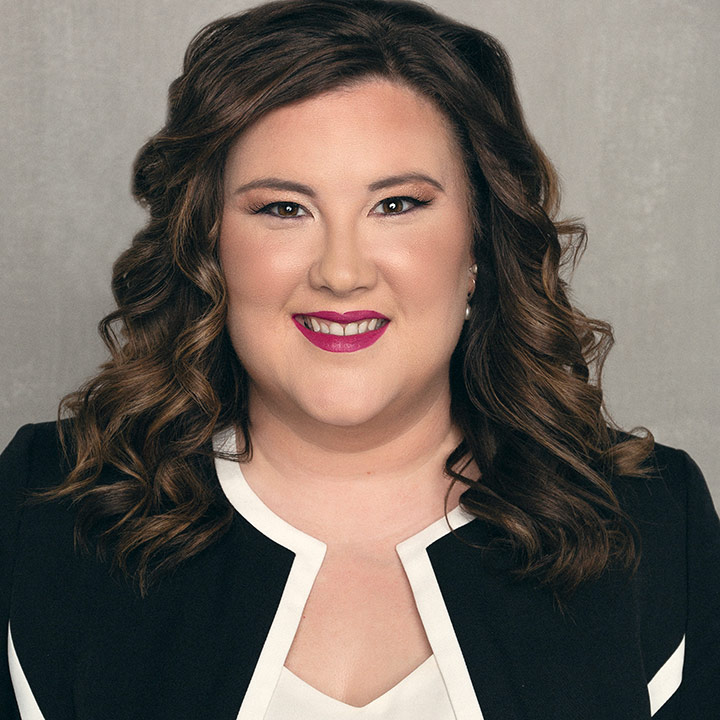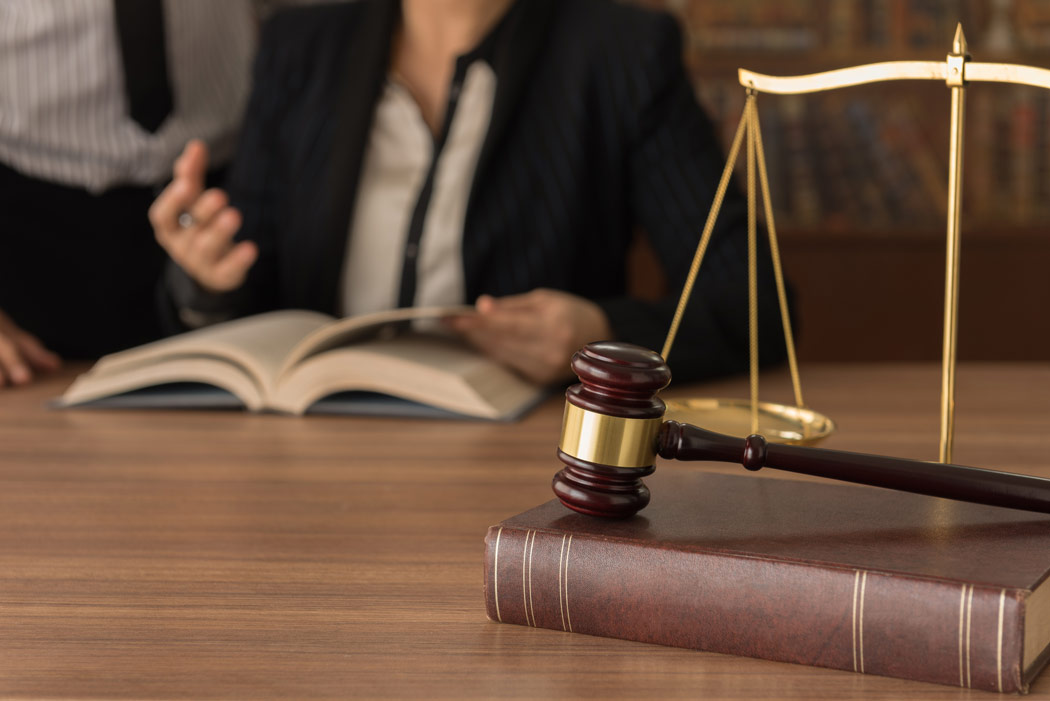If you have decided to end your marriage, you are likely in the midst of the most difficult time of your life and unsure what to expect. This article will help you understand the basics of the divorce process.
The Separation Period
Firstly, you must be separated for the minimum period of separation as required by the state of Virginia before you may file for divorce. If you and your spouse have minor children, you must be separated for a minimum of one year. If you do not have children, or if your children are over the age of eighteen, you must be separated for six months.
Disposition of Assets and Debts
Next, the Court must confirm that all the marital assets and debts are divided, and in cases involving minor children, that custody and visitation are agreed to as well. As such, the more debts incurred or assets accrued during the marriage, and/or when custody and visitation are in contention, the divorce has the potential to become more complicated.
There are two ways to fulfill this requirement:
Property Settlement Agreements
The disposition of assets, debts, custody and visitation are detailed in a Property Settlement Agreement, referred to as a “PSA” for short. Some parties may attempt to write their own PSA by themselves or via a fill-in-the blank template, while other parties choose to retain lawyers to prepare their PSA on their behalf. If parties choose to mediate, the mediator prepares a Mediated Settlement Agreement on their behalf.
When you are able to enter into a Property Settlement Agreement, your divorce process may look something like this:
When you are able to enter into a Property Settlement Agreement, your divorce process may look something like this:
- You discuss the terms of your PSA with your spouse and your lawyer. This is referred to as settlement negotiations.
- You and your spouse formally enter into a Property Settlement Agreement.
- Your lawyer prepares the required documents needed to finalize the divorce with the Court. You and your spouse will need to review and sign them as necessary.
- When the statutory period of separation has been completed, your lawyer will file with the Court to initiate your divorce. The document that initiates the divorce is called a “complaint for divorce”. This must be filed with the Court that has jurisdiction to grant your divorce. The party who files first is the Plaintiff.
- The clerk of Court then creates a summons for the divorce, which formally informs the opposing party, the Defendant, that there is an active divorce against them filed with the Court.
- The complaint and summons must be personally served to the Defendant.
- The Defendant has twenty-one days to write an answer the complaint or sign a waiver, which answers the complaint and gives the Plaintiff permission to file the final decree of divorce.
- The Plaintiff must have their signature notarized on Plaintiff Affidavit.
- The parties will agree who will file the Final Decree of Divorce packet with the Court, then the filing party must organize and file the packet properly for it to be accepted.
- After the Final Decree of Divorce packet is filed, most divorces are officially finalized in a few weeks.
- After the divorce is finalized, the parties must fulfill all obligations they agreed to in their PSA. When all obligations have been fulfilled, the PSA becomes null and void. For parties with minor children, this usually occurs after the children have reached the age of eighteen.
Equitable Distribution Trials
If you and your spouse are unable to execute a Property Settlement Agreement, you will have to go to court to finalize your divorce. Litigated divorces must go through a process known as Equitable Distribution wherein a Judge decides the disposition of assets, debts, custody and visitation.
During this process, the Judge reviews all contested matters of the marriage; debts, assets, custody, visitation, and any other special circumstances. The Judge then rules on the terms of the marriage, dividing responsibilities in the most equitable form of distribution according to Virginia law.
This process can last as long as necessary to hear a case and complete the necessary depositions and discovery requests.
If a party decides to represent themselves without an attorney, they are referred to as Pro Se. If a party has an attorney, they are referred to as the Plaintiff or the Defendant, and their attorney is known as counsel for the Plaintiff or counsel for the Defendant. While it is possible to represent yourself Pro Se in your divorce having an attorney to fight for your interests generally produces better results.
During this process, the Judge reviews all contested matters of the marriage; debts, assets, custody, visitation, and any other special circumstances. The Judge then rules on the terms of the marriage, dividing responsibilities in the most equitable form of distribution according to Virginia law.
This process can last as long as necessary to hear a case and complete the necessary depositions and discovery requests.
If a party decides to represent themselves without an attorney, they are referred to as Pro Se. If a party has an attorney, they are referred to as the Plaintiff or the Defendant, and their attorney is known as counsel for the Plaintiff or counsel for the Defendant. While it is possible to represent yourself Pro Se in your divorce having an attorney to fight for your interests generally produces better results.
What Can The Pennington Law Firm Do For My Divorce Case?
If you are overwhelmed about the divorce process, Whitney Pennington is ready to guide you through it. She personalizes her strategy based upon your individual needs. She is ready to defend your interests in settlement negotiations and fight for the most equitable distribution of you assets.
To schedule a consultation to discuss your legal needs, contact her at (571) 481-9977 today.
To schedule a consultation to discuss your legal needs, contact her at (571) 481-9977 today.









